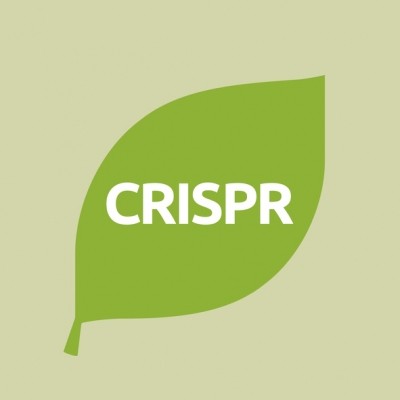French enactment of ECJ ruling could hurt rapeseed exports to France

In May 2020, France informed the EC of its intention to delist in-vitro random mutagenesis with chemical or physical agents to comply with the French Council of State’s - France’s Supreme Court - ruling in February this year, noted a USDA report.
The French court’s decision was based on the European Court of Justice (ECJ) 2018 judgement on New Breeding Techniques (NBTs), which determined that organisms obtained via in-vitro mutagenesis techniques should be subject to GMO regulation.
“This decision will ban Clearfield herbicide resistant varieties of rapeseed for use, disallowing these varieties of rapeseed and requiring a zero-tolerance for any contamination from these varieties.
“It will negatively impact rapeseed and seed exports from Canada, other EU countries and South America to France,” found the USDA publication.
Herbicide tolerant rapeseed is the fifth most important biotech plant trait commercialized since 1996; it has been adopted largely in Canada, the USA, and Australia (ISAAA, 2018).
Source: Front. Plant Sci., 05 November 2019 | https://doi.org/10.3389/fpls.2019.01423S
If France sees that additional measures are needed to implement the ECJ decision, US agricultural exports for products developed using NBTs could be negatively impacted as well, cautioned the US agency.
The French Council of State also said in February 2020 the French authorities should carry out an assessment to evaluate potential risks related to herbicide-resistant crops and define growing conditions intended to limit the use of herbicides.
The French court ordered that its ruling be implemented by August 7, 2020. However, the USDA reckons that deadline will be difficult to meet for a variety of reasons.
It also noted some inconsistency in the French court's ruling:
“Interestingly, the French decree only names Clearfield rapeseed that was planted on a minimal 10,000 hectares out of a total rapeseed area of 1.1 million hectares in 2020. It exempted sunflower varieties that were developed using similar techniques that were widely adopted by French growers.
“One-third of the 2020 French sunflower area of 700,000 hectares is believed to be planted with Clearfield sunflower varieties. Herbicide resistant chicory varieties were also not included into the French list.”
France also notified the EC of its intention to amend its official catalog of seeds. It will remove seven banned Clearfield herbicide resistant varieties of rapeseed registered on the French official seed catalog as well as 103 varieties listed on the official European seed catalog, developed and approved in other EU member states.
“This decision could undermine the EU single market principle as those 103 varieties are legally marketable in any EU countries under EU rules,” said the USDA.
The ECJ ruling in July 2018 went against the findings of its Advocate General, who had some months earlier, recommended that restrictive regulations developed for GMOs in 2001 should not apply to plants and animals bred using CRISPR or other gene editing techniques.
The judgment was also highly criticized, in terms of the legal uncertainty it engendered and for its potential to negatively impact innovation in EU farming. Indeed, there were immediate calls for it be amended to ensure Europe’s agricultural sector would not miss out on new breeding techniques (NBTs) like CRISPR/Cas9.













